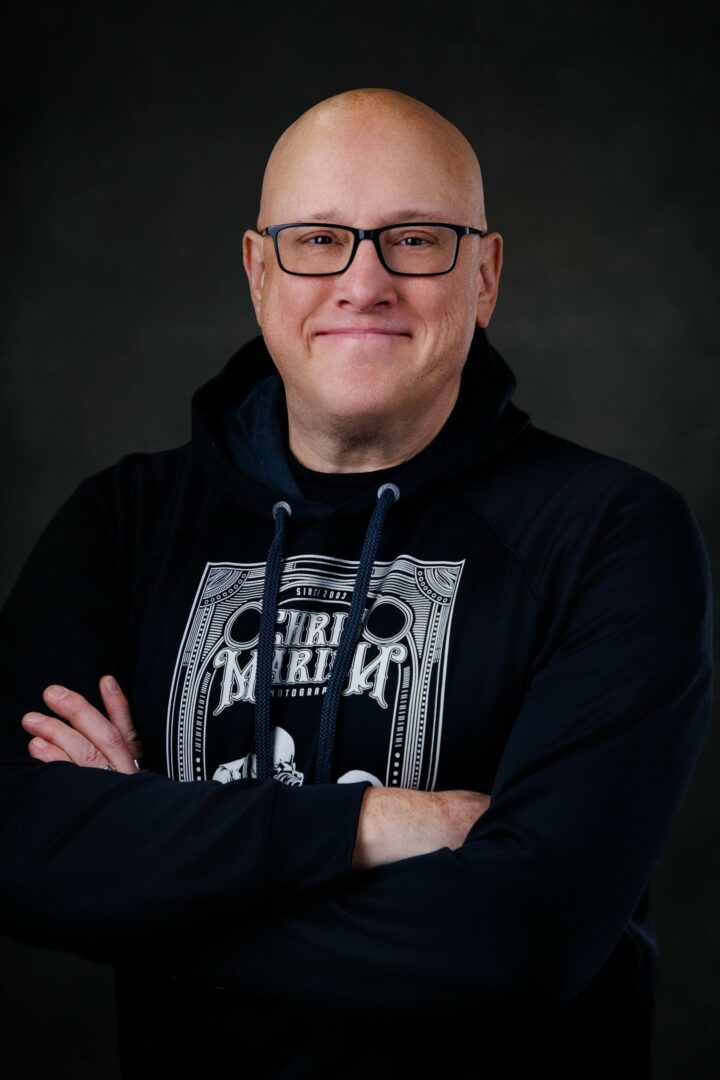We were lucky to catch up with Chris Marion recently and have shared our conversation below.
Hi Chris, thank you so much for opening up with us about some important, but sometimes personal topics. One that really matters to us is overcoming Imposter Syndrome because we’ve seen how so many people are held back in life because of this and so we’d really appreciate hearing about how you overcame Imposter Syndrome.
Getting over imposter syndrome is largely a battle of attrition. It requires a slow grind over a period of time. Aside from putting in a lot of work, for me the keys were listening and honest self critique. Whatever your trade, put yourself in the middle of experienced colleagues and listen. Make notes if you have to, but absorb what you hear and apply it to your skill set and craft. I have been incredibly fortunate to be in the presence of some wildly experienced and successful photographers. I heard the terms they used, what they placed importance on, and their perspective on the topics at hand. In those moments I kept quiet and tried to hear everything. Often I’d write down a term or product I was unfamiliar with and got myself familiar with it quickly.
When you dedicate the time and give yourself to the process you chip away at imposter syndrome. I’ve had moments where I realize that I completed a job with no stress when years prior I would have been doubting myself and worrying. Those were moments when I realized imposter syndrome had taken a back seat.
Honestly I think it’s rare that anyone fully sheds imposter syndrome, the voice may become meek and barely audible but if you experienced it at some point it’s likely to linger. At a point though you recognize it and can work past it with relative ease.
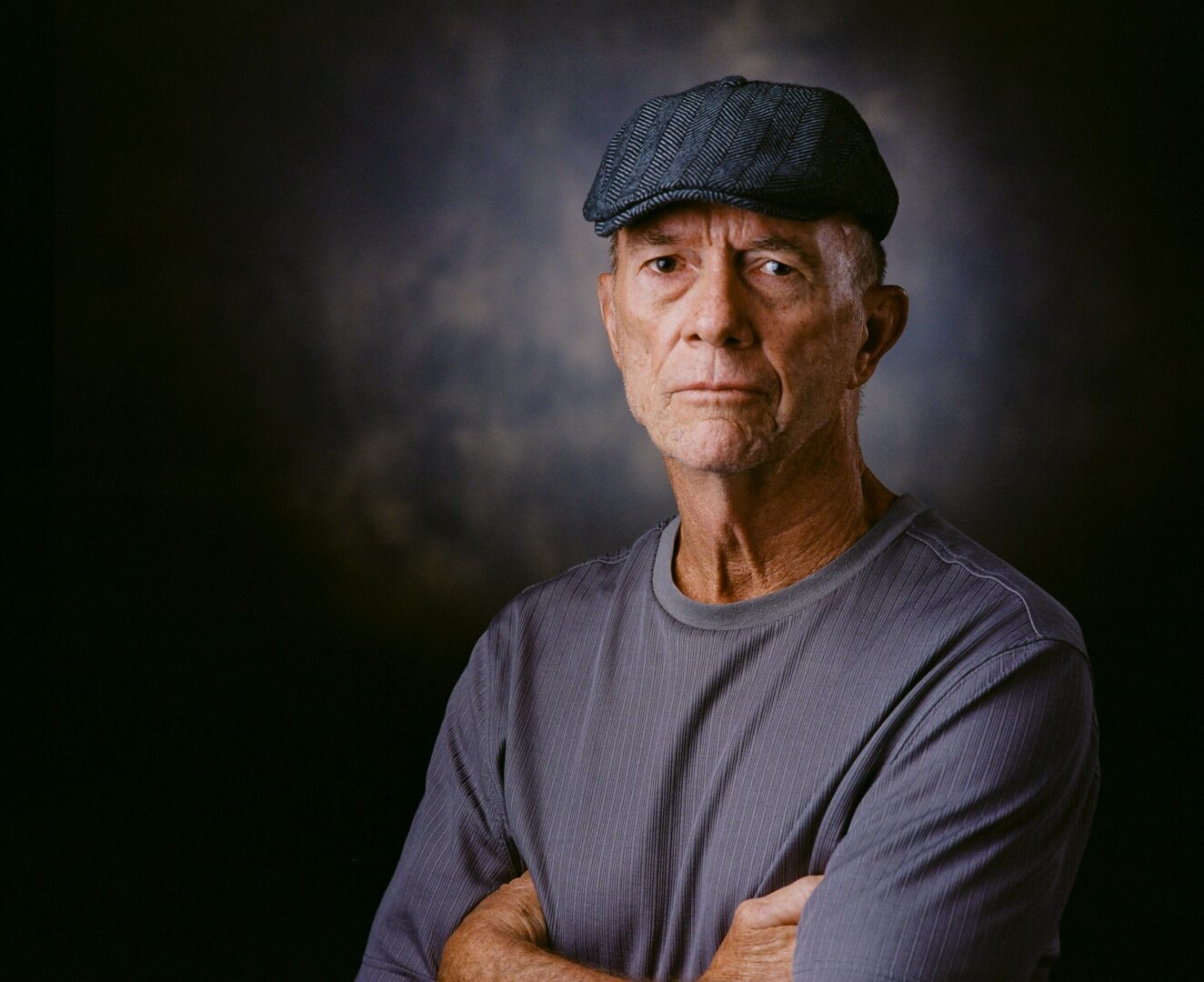

Let’s take a small detour – maybe you can share a bit about yourself before we dive back into some of the other questions we had for you?
My photography journey began as a hobby and later evolved into a side hustle.
When my wife and I started having children, I often carried a camera with me for practical reasons. While I was primarily documenting our life, the process also began to rekindle the artist in me. What started as a necessity gradually grew into a passion for capturing more than just moments—it became a desire to create.
Around that time, I got involved with a local photo center and quickly connected with the founder. The center hosted numerous events, gallery showings, and workshops that benefited me in many ways. Most importantly, it introduced me to a community of photographers at all skill levels, each with a unique perspective on the art.
My first paid photography job came from a local sports magazine—a beautiful publication that I was fortunate to work with. As a lifelong sports fan, being able to combine photography with something I already loved felt like a perfect match. That passion has remained constant all these years later.
The journey from then to now feels like a blur, filled with moments of exhaustion, joy, and learning. There were times I considered quitting—some of those moments still stand out vividly—but I pushed through, and each challenge helped shape the photographer I am today.
While my 14 years of work with the NBA is what I’m best known for locally, my portfolio is far more diverse. I own a studio where I specialize in headshots and portraits, and I also host workshops and club meetups. Additionally, I work on a variety of corporate and advertising projects across the region.
I’ve intentionally stayed away from certain types of photography, like weddings, as I feel those areas require specific expertise and would spread my focus too thin.
One of the most rewarding aspects of my work is witnessing people’s reactions when they see the images I’ve created for them. It’s incredibly satisfying to exceed their expectations and show them a side of themselves they might not have seen before. I also love the process of planning a shoot from scratch—whether it’s a personal creative project or collaborating with a client to define goals, craft the set, and design the lighting to achieve exceptional results.
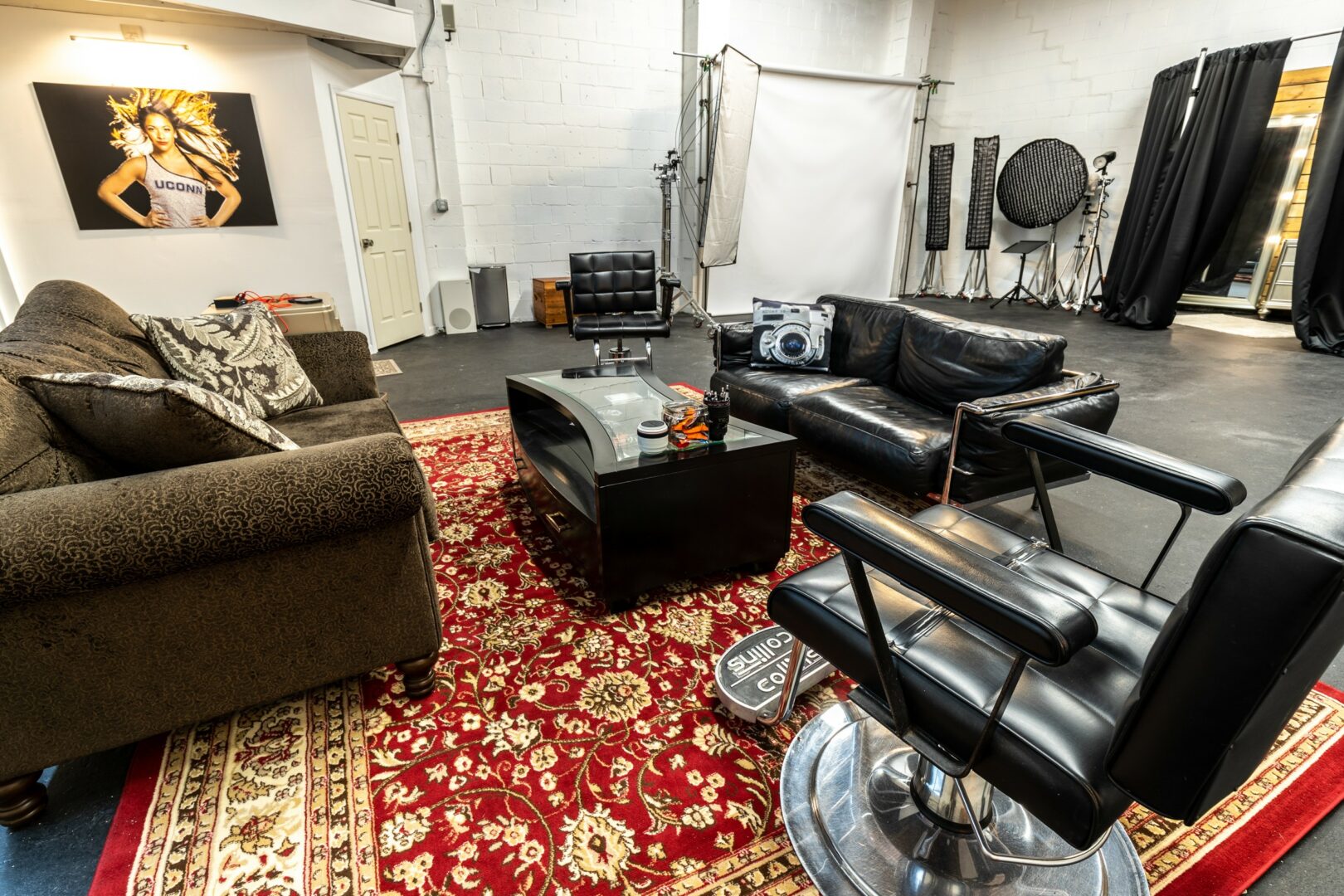

Looking back, what do you think were the three qualities, skills, or areas of knowledge that were most impactful in your journey? What advice do you have for folks who are early in their journey in terms of how they can best develop or improve on these?
Attitude is on the top of the list. With a positive attitude good things happen. Attitude is not just smiling and being friendly, it is a core value. It is seeing the good and learning opportunities in bad things and setbacks. It’s consistently being the type of person who elevates all around them (which can take many forms.)
Always be a student. In a way it’s easy with photography because, while there may be masters, the field is so varied that no one knows everything there is to know about the craft. When you stop learning you stop growing. If you lose your enthusiasm for learning you have to find a way to get it back.
Get out of your comfort zone. Jumping all the way into the pool may not be the best advice; not for everyone and everything. Find a guide if you need to, break your hurdles into more digestible pieces. You will have positive and negative experiences outside of your bubble. Those will all shape the future you and you’ll be better for it as long as you recognize the opportunity.
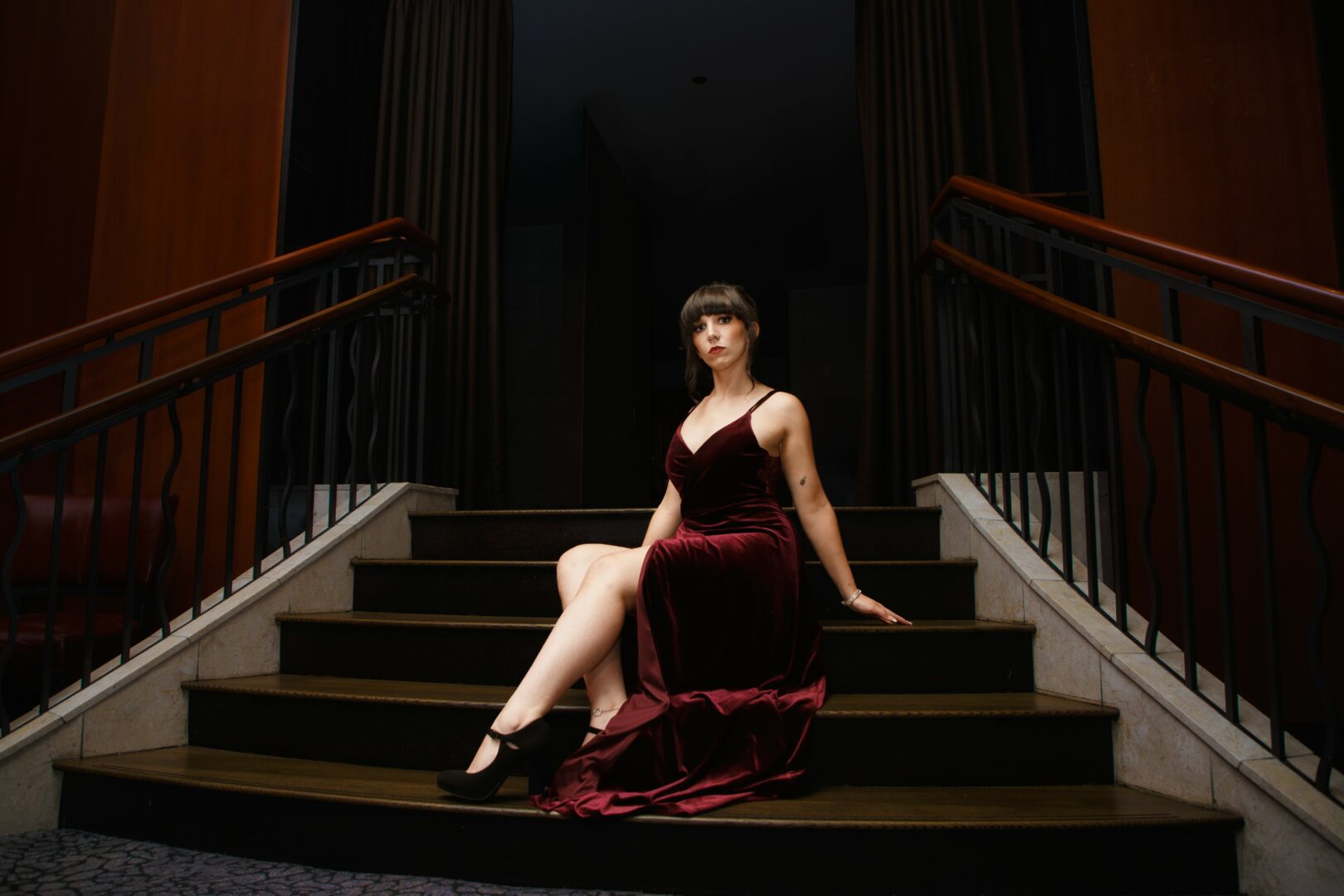
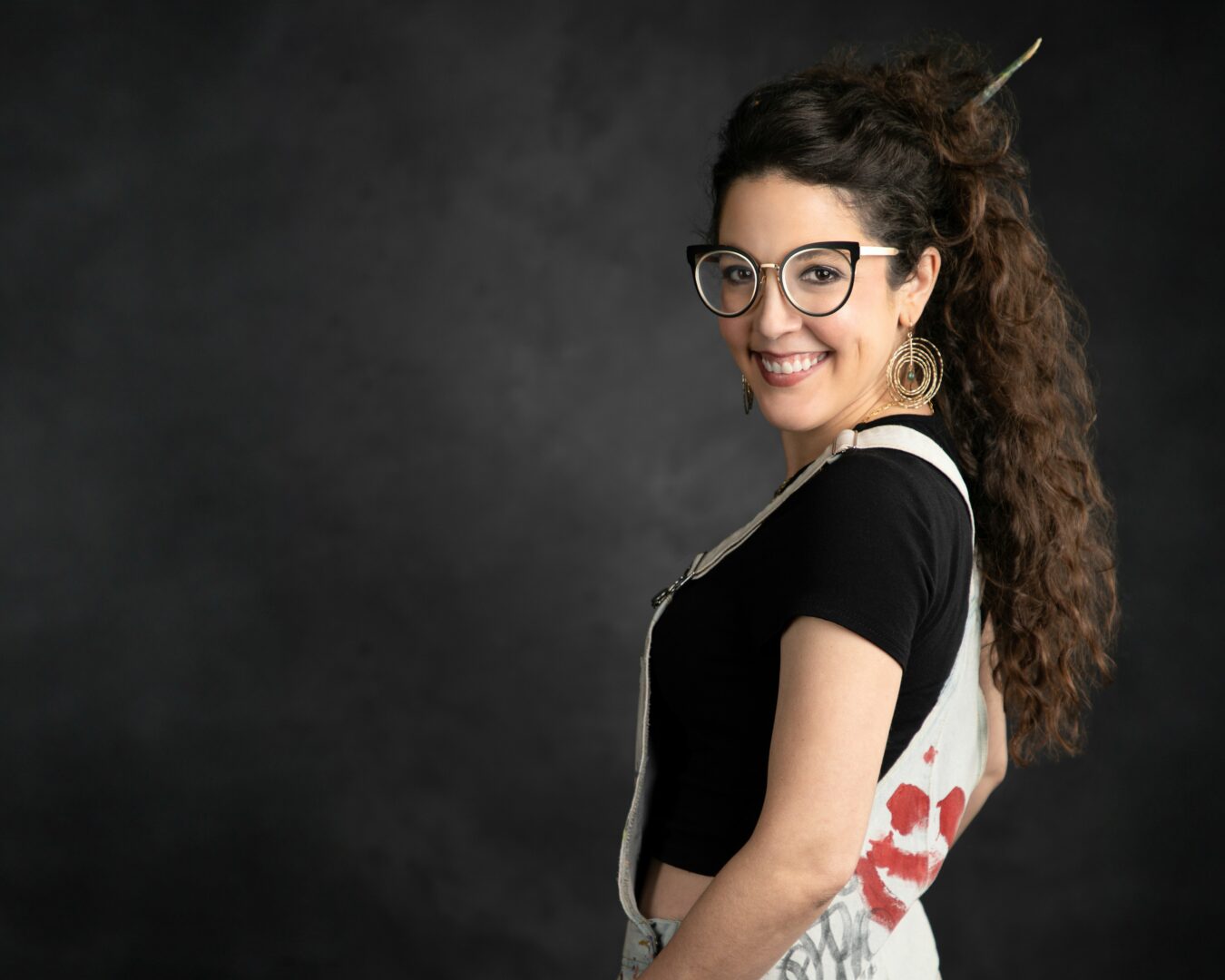
Alright, so before we go we want to ask you to take a moment to reflect and share what you think you would do if you somehow knew you only had a decade of life left?
Our industry as a whole is undergoing another paradigm shift—it’s like a second digital revolution. Photography has never been a more accessible medium. Smartphones have made it possible for almost anyone to take and edit a decent photo.
Overall, this is a good thing. It has introduced the art form to many people who might never have considered trying it.
However, a challenge that many of my colleagues share is that the marketplace has become crowded, and low pricing has impacted revenue potential. A lot of talented “new photographers” undervalue their work and lack the business experience to properly price their services. Often, their prices are unsustainably low.
In the bigger picture, this can devalue the profession and create unrealistic pricing expectations among certain levels of clients. While this trend isn’t entirely new, it has intensified over the last five or so years.
That said, I’ve found some positives in this situation. More than ever, my long-time clients understand the value I bring to the table, and it has strengthened our relationships. It proves the adage that stability is key during times of change.
Contact Info:
- Website: https://ChrisMarion.com
- Instagram: CMarionPhoto
- Facebook: https://www.facebook.com/ChrisMarionPhotography
- Linkedin: https://www.linkedin.com/in/chrismarionphoto

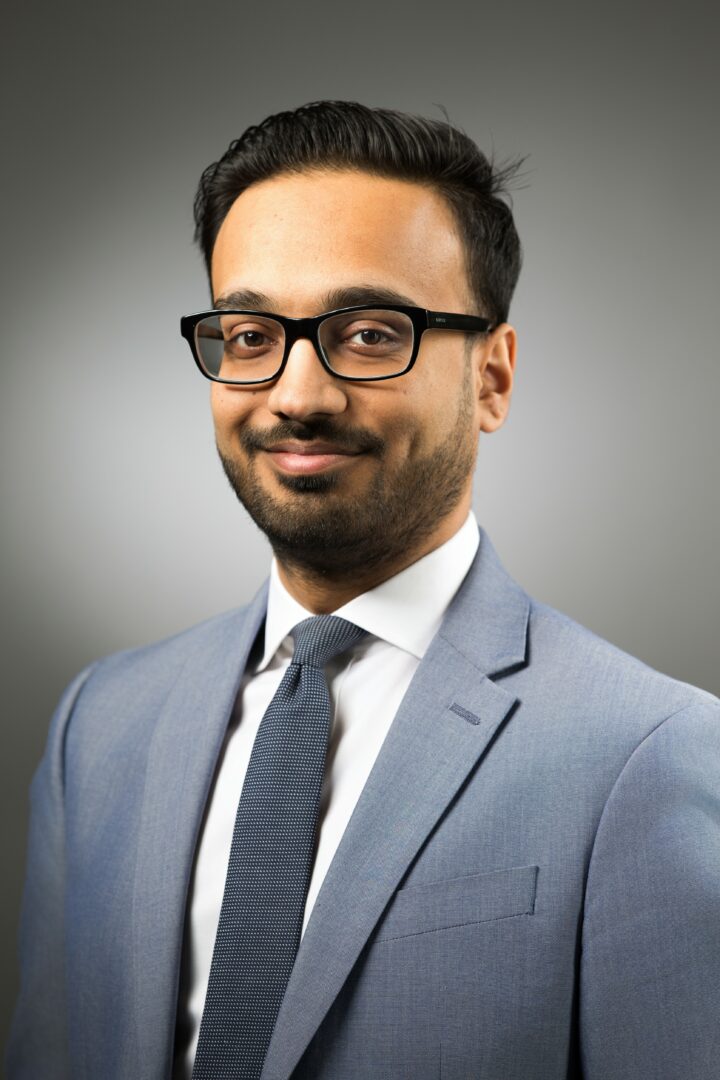
Image Credits
Chris Marion
so if you or someone you know deserves recognition please let us know here.

